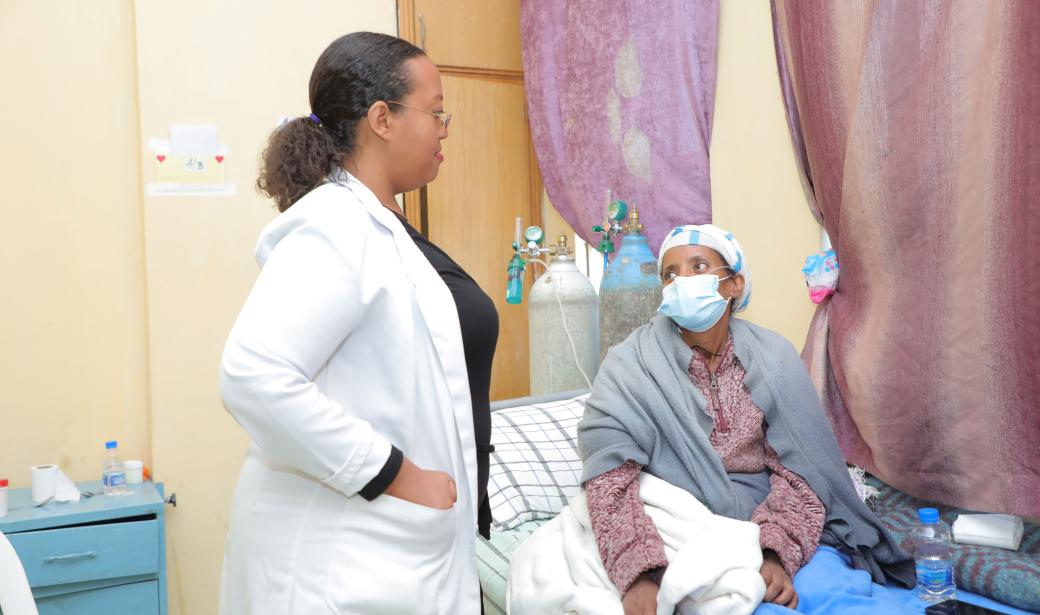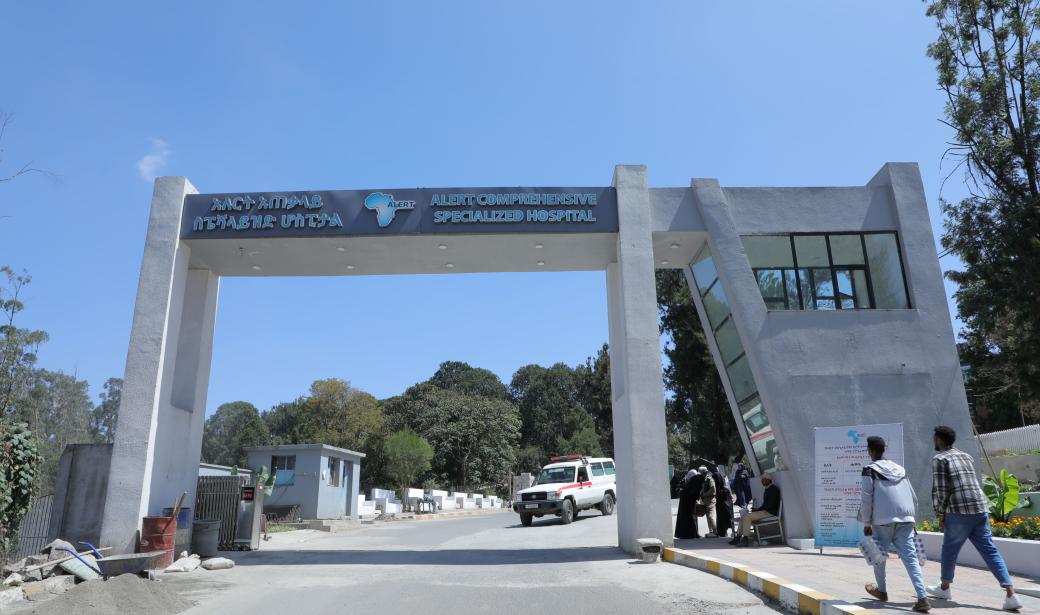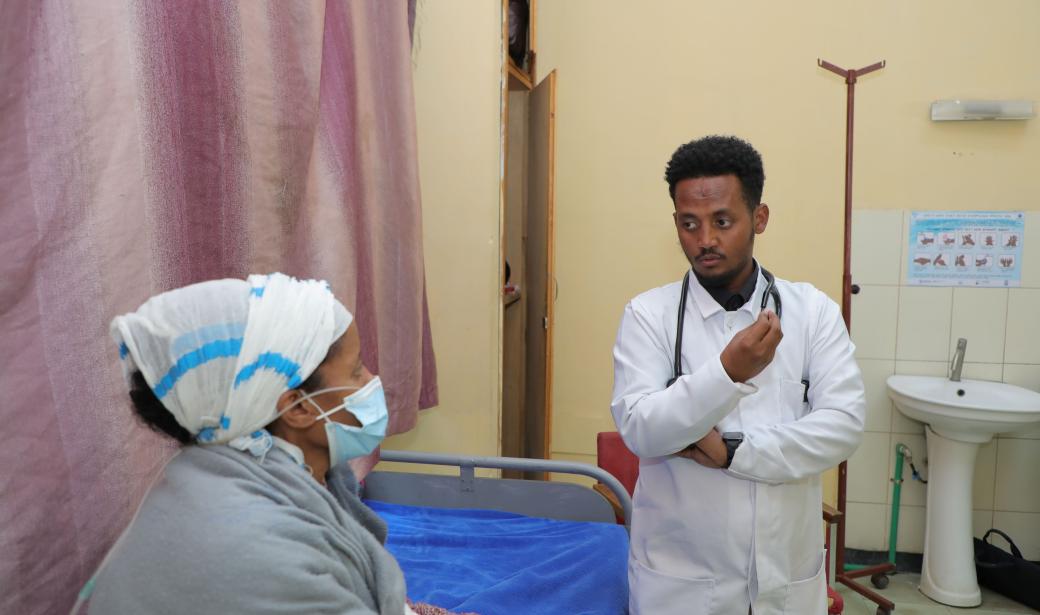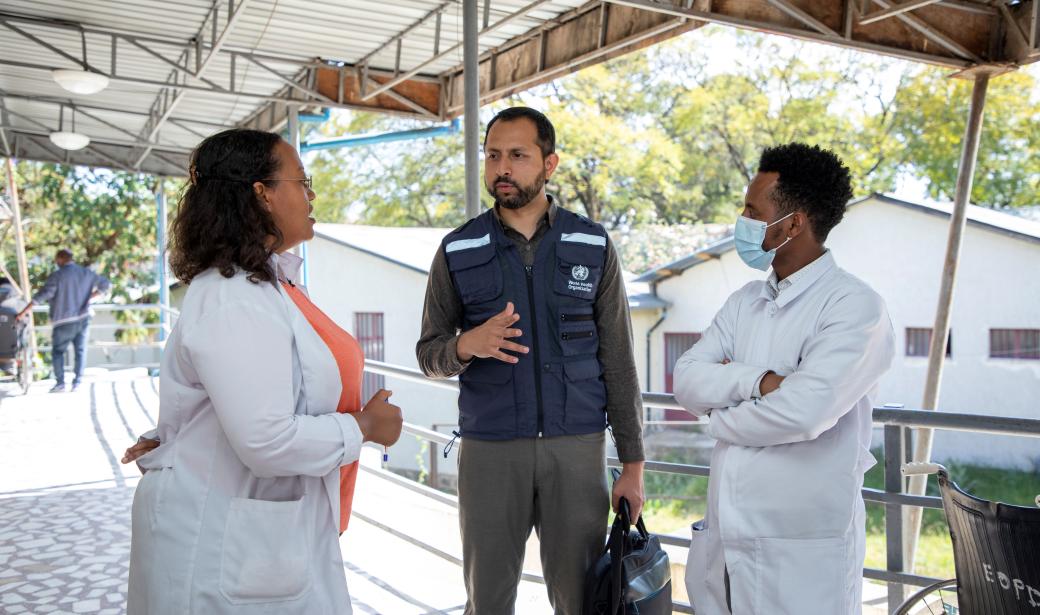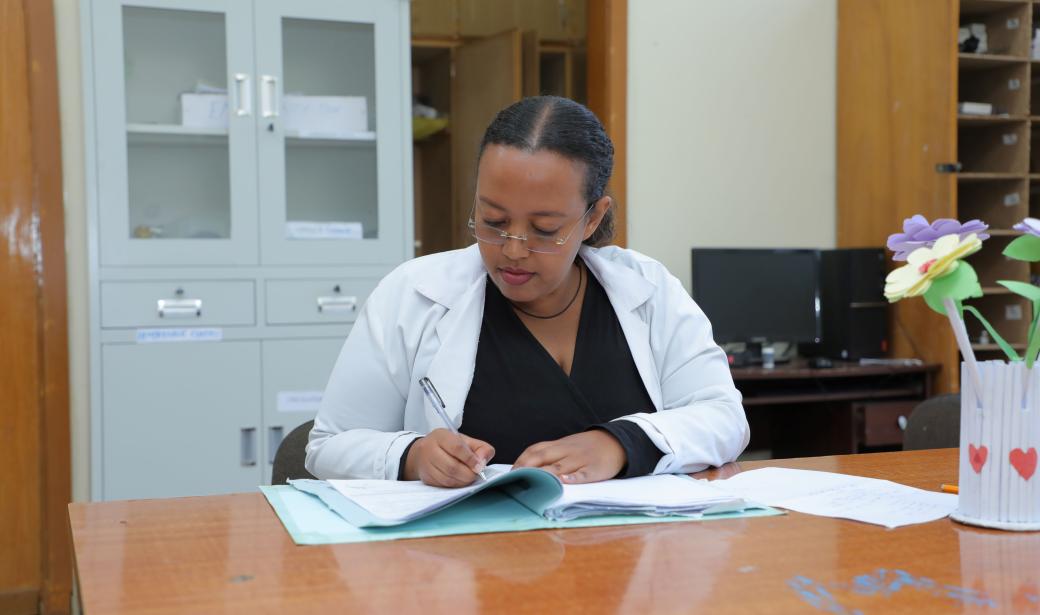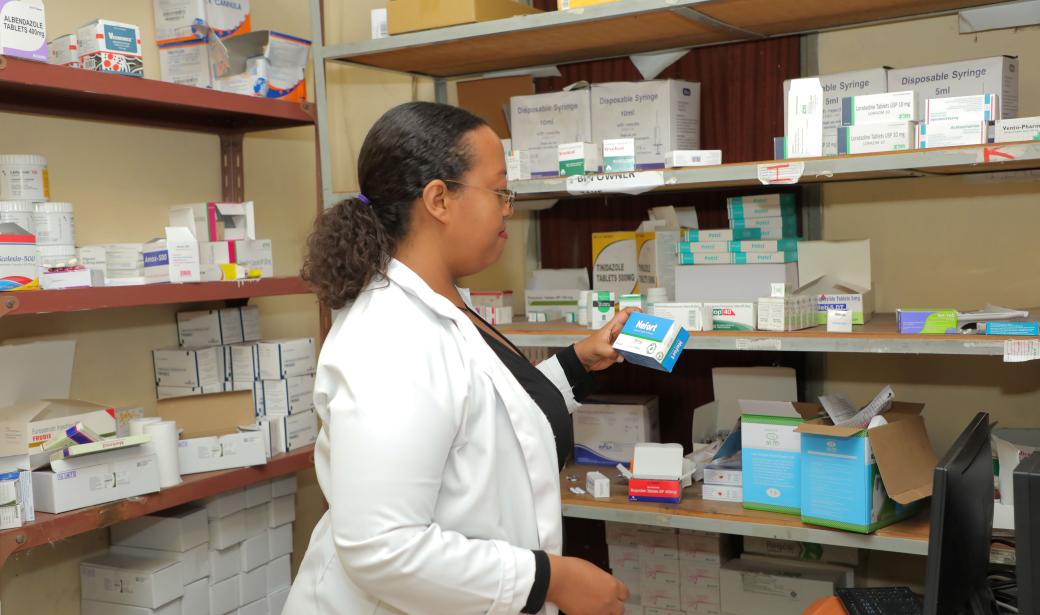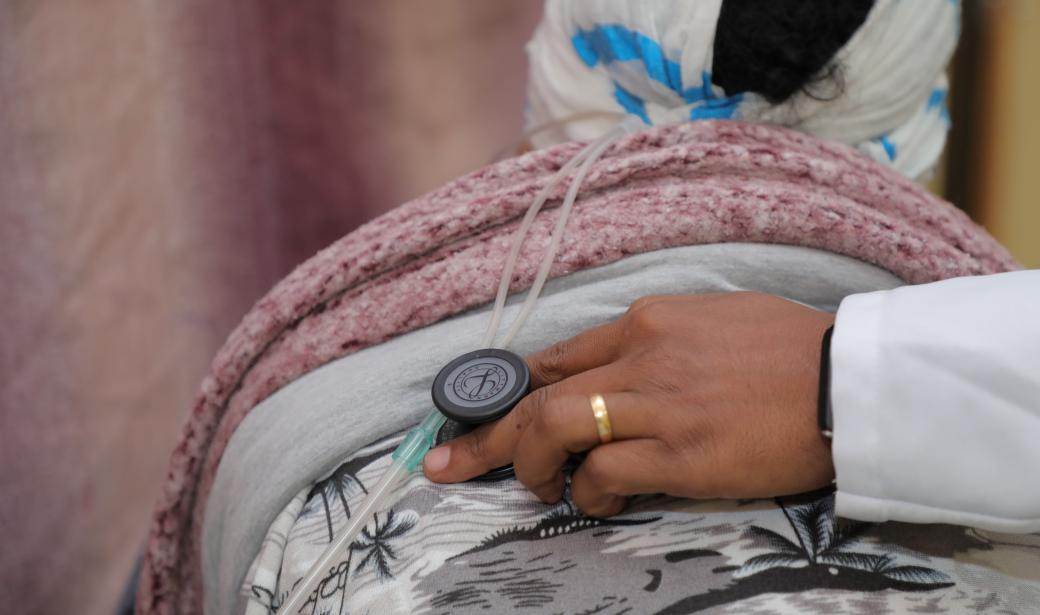Addis Ababa ‒ Recent disease surveillance findings from more than 4000 health centres across Ethiopia have shown a rising trend in cases of antimicrobial resistance, which occurs when pathogens change over time and no longer respond to medicines. For instance, resistance by the bacteria that causes typhoid surged nearly nine-fold to 87% of cases in 2019 from 10% in 2006. Equally, strains of infection-causing E. coli bacteria are showing increasing resistance to stronger antibiotics.
Antimicrobial resistance makes infections harder to treat and increases the risk of a disease spreading, severe illness and death.
Ethiopian health authorities are taking measures to tackle the rising threat. With support from World Health Organization (WHO), and funding from the Kingdom of Saudi Arabia, the Ministry of Health is developing policies and training health workers to promote the appropriate use of antimicrobials, improve treatment, reduce antimicrobial resistance and decrease the spread of infections caused by drug-resistant germs.
A couple of months ago, Yeshiembet's world turned upside down as she started experiencing a terrifying mix of symptoms ‒ fainting, breathlessness, fever and sweating, among others.
“This has been the most exhausting and challenging period of my entire life,” says Yeshiembet. “Each breath was a struggle, and the simplest task became an obstacle.”
It turns out that Yeshiembet’s fragile lung tissue became infected with antimicrobial resistant bacteria. This led to the tissue becoming damaged and inflamed, requiring immediate medical attention and breathing support.
Although her case presented complications due to a multi-drug resistant infection and required prolonged ventilation, Yeshiembet’s case is being managed by a team of health workers well trained in antimicrobial stewardship. With close monitoring, laboratory culture testing and appropriate medication, her health outcomes look good.
Recording and reporting of data on antimicrobial resistance is critical for data-driven policy and decision making. According to a report from the Ethiopian Public Health Institute, the number of surveillance sites, from both health facilities and public health laboratories, that generate this necessary data have increased from 9 to 21 between 2021 and 2023. Furthermore, the Ethiopian Food and Drug Administration authority, with support from WHO, has started antimicrobial consumption surveillance at health facilities, making the country one of the few in the African region to undertake this activity.
“WHO is encouraged by the proactive leadership and commitment of the Government of Ethiopia to tackle this burgeoning public health threat,” says Dr Nonhlanhla Rose Dlamini, acting WHO Representative in Ethiopia. “Valuable partners like the Kingdom of Saudi Arabia have also been instrumental in supporting WHO to provide support to move the dial on this issue.”
“Since the ‘next pandemic’ poses a threat to human life, these cases require much more attention. The leadership of healthcare facilities needs to be further sensitized to provide health professionals with up-to-date information and data, and offer more e-training sessions,” she says.
Communication officer
WHO Ethiopia
Email: yfita [at] who.int (yfita[at]who[dot]int)
Media Relations Officer
WHO Regional Office for Africa
Email: dalalm [at] who.int (dalalm[at]who[dot]int)
Tel: +254 703 245 761 (WhatsApp)




